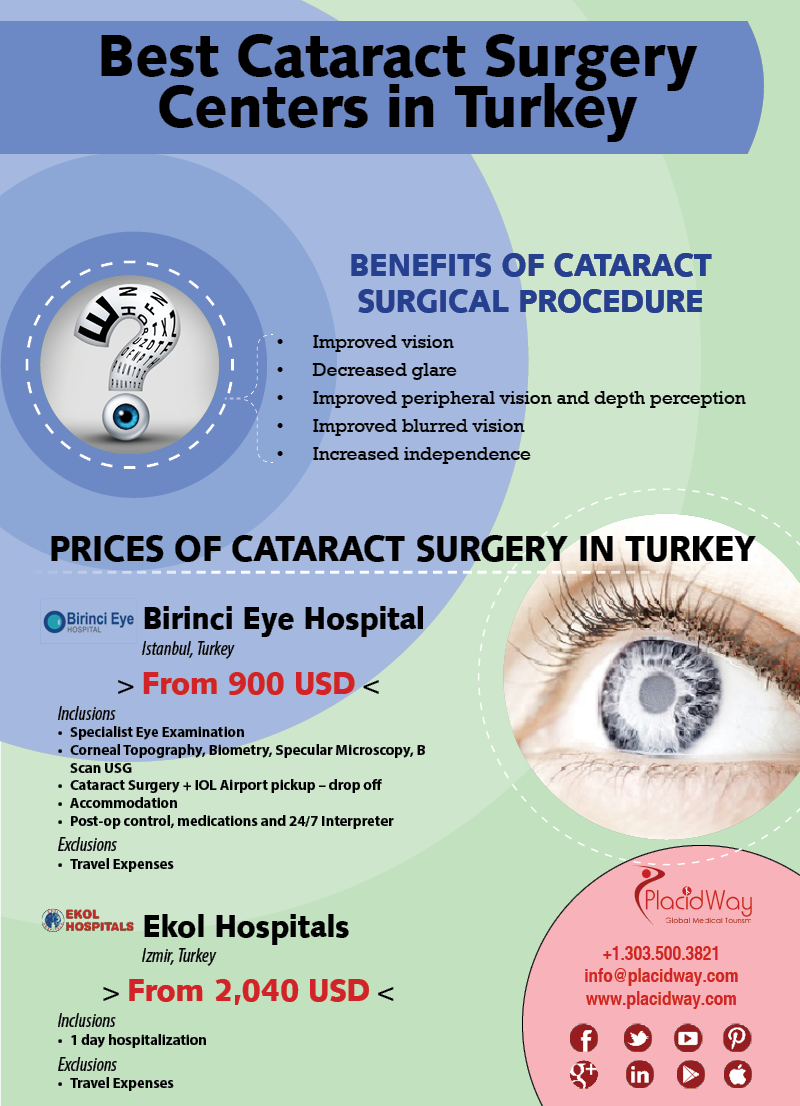Helping A Family Member Via Cataract Surgical Treatment: Reflections From A Caregiver'S Experience
Helping A Family Member Via Cataract Surgical Treatment: Reflections From A Caregiver'S Experience
Blog Article
Short Article Produced By-Gentry MacLean
As a caregiver supporting an enjoyed one dealing with cataract surgical procedure, your duty is vital in ensuring their comfort and recovery. From pre-surgery prep work to post-operative care, your presence and support can make a considerable difference in their journey. Understanding the psychological and physical difficulties they might run into, providing useful aid, and being their column of assistance are key elements in this process. Bear in mind, your role surpasses just providing aid; it's about being a source of strength and comfort during a substantial stage in their life.
Understanding Cataract Surgery Process
Exploring the steps associated with cataract surgical treatment can help alleviate any type of stress and anxiety or unpredictability you may have concerning the treatment. Icl Lens Implant is a common and very effective treatment that includes getting rid of the cloudy lens in your eye and replacing it with a clear fabricated lens.
Prior to the surgical treatment, your eye will certainly be numbed with eye declines or an injection to guarantee you don't really feel any kind of discomfort throughout the procedure. The specialist will make a tiny cut in your eye to access the cataract and break it up making use of ultrasound waves before meticulously removing it.
When the cataract is eliminated, the fabricated lens will be placed in its area. https://www.healthline.com/health/eye-health/lazy-eye-exercises takes about 15-30 mins per eye and is typically done one eye each time.
After the surgery, you might experience some mild pain or obscured vision, but this is normal and must improve as your eye heals.
Readying for Surgery With Each Other
To guarantee a smooth and stress-free experience, getting ready for cataract surgical treatment together can make a considerable difference in your liked one's journey. Start by going to pre-surgery examinations with them. This way, you can ask inquiries, recognize the procedure, and offer emotional support.
Help them arrange their pre-operative directions, drugs, and transport to and from the surgical facility. See to it their home is ready for their healing by establishing a comfortable space with easy accessibility to crucial things.
Aid them in scheduling post-operative care if required, such as assist with meals or family tasks. Motivate them to adhere to the doctor's guidance relating to fasting before surgery and medication methods.
Guarantee them that you'll be there for them every step of the way. By actively joining the preparation process, you can alleviate anxiety and make sure that your enjoyed one really feels supported and taken care of throughout this crucial time.
Post-Operative Treatment Tips
After cataract surgical procedure, giving appropriate post-operative treatment is important for your liked one's recuperation. Ensure they use the safety shield over their eye as advised by the doctor. Help them provide prescribed eye declines and drugs on time to avoid infection and aid recovery.
Motivate your liked one to prevent touching or massaging their eyes, as this can cause difficulties. Help them in complying with any restrictions on flexing, lifting hefty things, or taking part in exhausting tasks to stop stress on the eyes. See to it they participate in all follow-up visits with the eye physician for keeping track of development.
Keep the eye area clean and completely dry, staying clear of water or soap directly in the eyes. Urge your enjoyed one to put on sunglasses to safeguard their eyes from brilliant light and glow during the recovery procedure. Hold your horses and encouraging as they recuperate, using support with daily tasks as needed.
Conclusion
To conclude, supporting a loved one via cataract surgical treatment includes being there every step of the method, from pre-surgery prep work to post-operative treatment. Your emotional support, functional aid, and encouragement can make a substantial difference in their recuperation procedure. By staying informed, organized, and attentive to their needs, you can help ensure a successful end result and offer them with the comfort and peace of mind they need throughout this challenging time.
